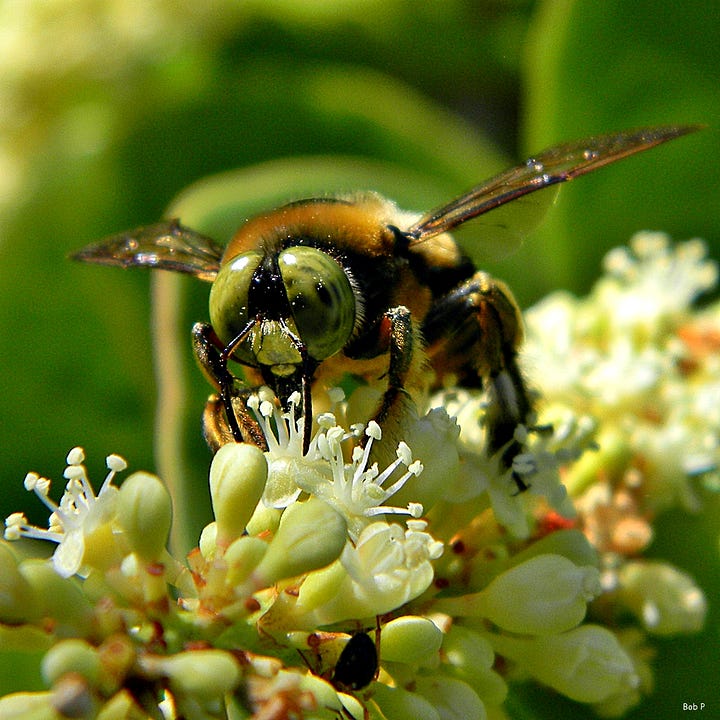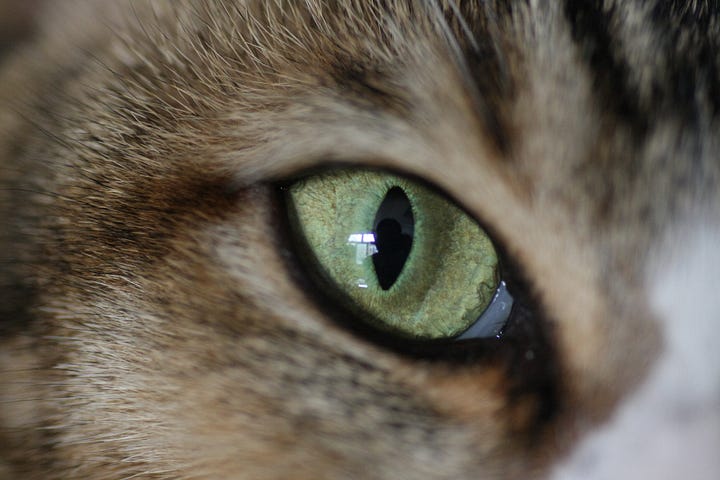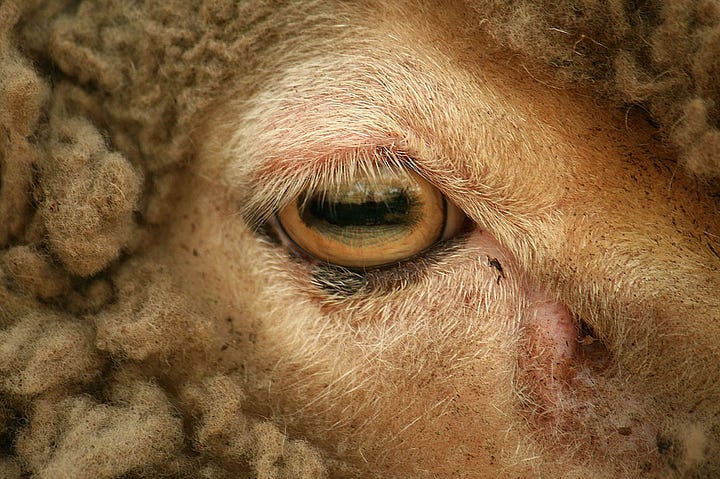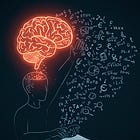umwelt
the world is not as you see it, and so is the universe
A spider has eight eyes, but spiders can see only a small part of the world we can see with our two eyes (but they supplement what they can see with their feet, because they can sense tiny movements on their webs that we are not sensitive to).
A bee can see UV light, and we cannot. Our world of botanic experience and theirs is utterly and completely different (and to complicate matters, they have compound eyes, which are very, very different to ours).


A sheep has peculiar-looking (to us), horizontal, rectangular, pupils that are highly sensitive to movement at the periphery of their vision (valuable if you want to avoid hungry, roaming, wolves, dogs, or other predators), and we do not, so we cannot see the world in the way a sheep sees the world: grass and flock in front, possible predation at the periphery).


Cats have horizontal pupils, hugely sensitive to motion on the ground below and in front of them - handy if you’re a predator looking for scuttling mice.
But not us.
We humans have forward-facing mobile eyes with round pupils mounted in an exceptionally mobile head. We do not have side-mounted eyes like horses and rats - our frontal field of view overlaps very substantially. We also have 3d colour vision exceptional vision - unsurprising, as we have roughly 40 distinct visual areas in our complex and elaborate brains.
Last time:
And we humans alone can learn to associate sounds with strange little squiggles and use these squiggles to communicate with other humans on the far side of the world, leading us to see and know the world in new ways.
If you enjoyed this post, and want more essays on how neuroscience and psychology can help us build better lives, subscribe below. You’ll get new ideas from BrainPizza.
This little tour of some of the senses in the animal kingdom should be enough to convince you that the way we humans can see 👀 and know the world 🌎 is very different to what other creatures can see and know of the world.
What you can see, hear, and smell is not the world in its entirety, just your piece of it; your umwelt - the world that you live in.
Umwelt is a concept from biology, psychology, and philosophy refering to the subjective perceptual world of an organism: the ways the world exists for that organism, based on its sensory and cognitive apparatus.
Aliens
What is the umwelt of a xenomorph or a Predator? I’m going to discuss these in later posts📫📫 (partly because there are some great Alien and Predator shows around at the moment, and speculating on their cognitive neurobiology is fun).
(Lots more btl, inc: core notion (inc ‘the world of the tick’); the world is plural; why it matters)




